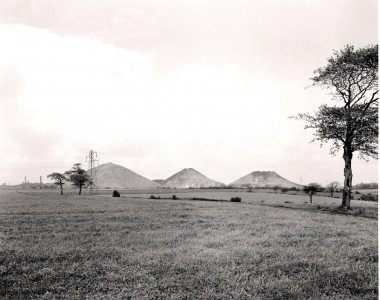
Landscapes of Waste: Towards an Urban History of Coal Spoil in Modern Britain
Wed 31 May 2023
The research on the architectural, environmental and social history of coal spoil is drawn from the book project Scenic Calculations: Landscape, Industry and Planning in Twentieth-Century Britain, which traces how the national landscape was transformed with the expansion of the coal, electricity and oil industries. This paper argues that the activities of disposing of coal spoil amount to a distinct urbanism of increasing environmental, social and economic importance. Due to climate change, many historic coal spoil deposits, notably in South Wales, are today posing growing and significant threats to their local communities. Intense rainfall, for example, increases the risk of landslides of spoil tips that are located on sloping ground, which is what happened in Aberfan in 1966. Coal waste is thus a growing issue for planners, and this paper seeks to chart the largely overlooked history of this abundant resource’s effects on the geography of Great Britain.
Respondent: Otto Saumarez-Smith
A Research Seminar Series co-organised with Rixt Woudstra (Assistant Professor in Architectural History, University of Amsterdam).

General Info
Venue / Location
Paul Mellon Centre More Info
16 Bedford Square
London
WC1B 3JA
view map
Organiser